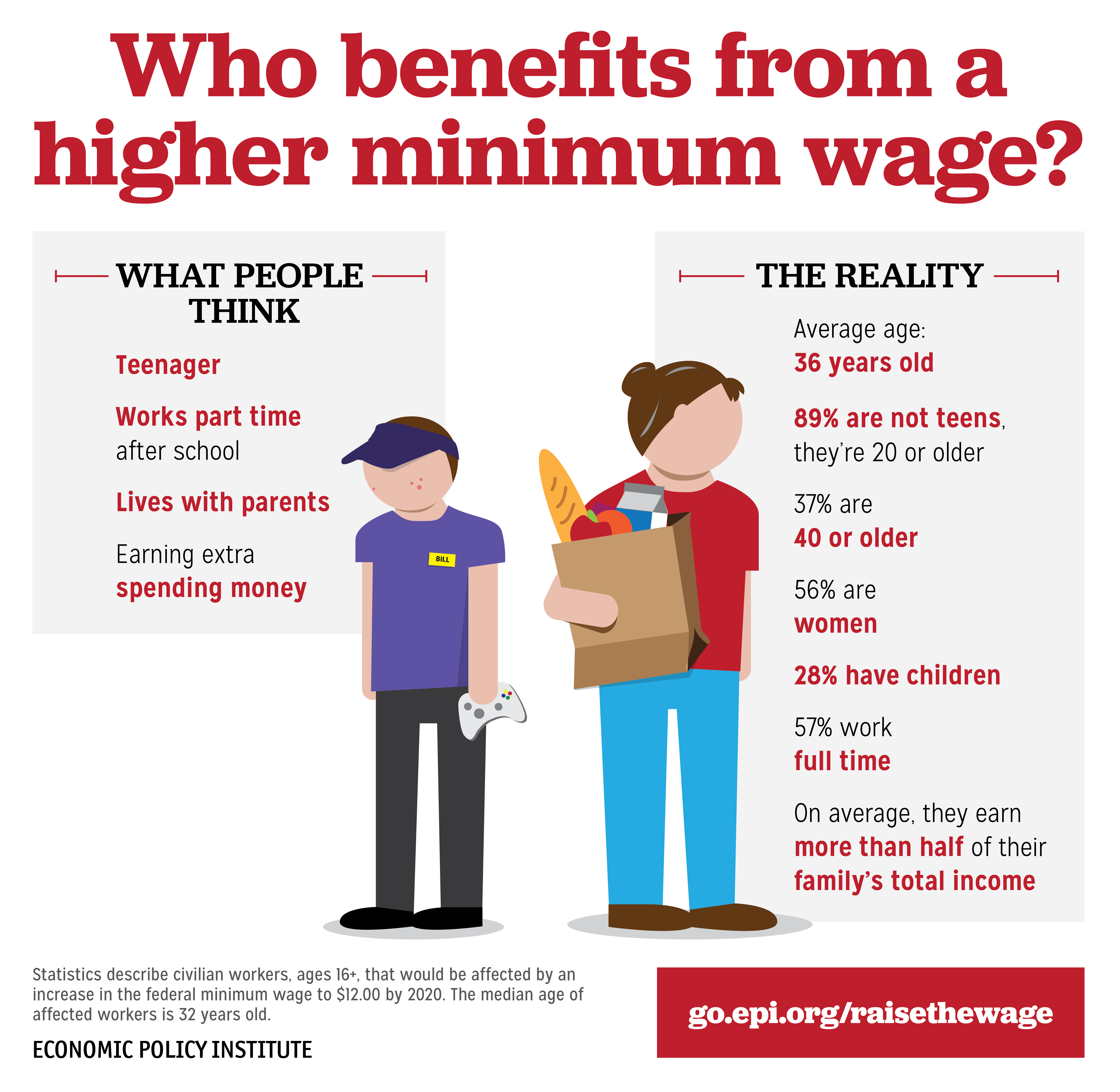The Derp
Gold Member
- Apr 12, 2017
- 9,620
- 661
- 205
- Banned
- #1,121
It hasn't gone up to that figure yet.
Ahhhh, but we hear from right-wingers that businesses always forecast based on x, y, z variables. And that they plan their hiring and firing based on those variables like tax rates, wages, etc.
So you're trying to have it both ways...you're trying to claim that businesses do that sort of long-range forecasting, but you're also saying they don't. So which is it? Do they or don't they? Can you even bother to have goalposts that don't get moved each time you respond on this thread?





